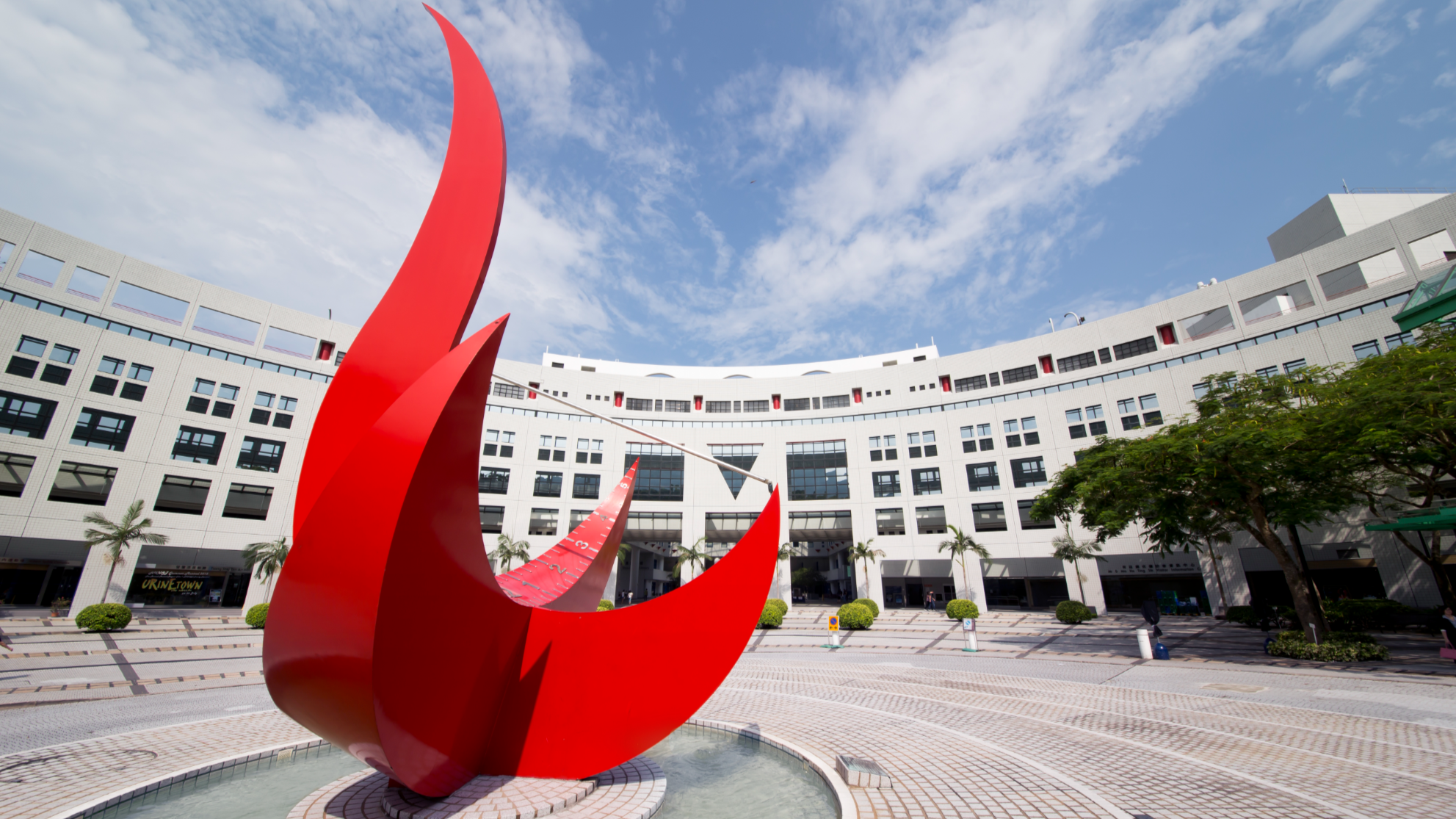
Students from the Hong Kong University of Science and Technology (HKUST) have developed multiple innovative healthcare solutions that are making a difference in underprivileged regions in Sri Lanka, demonstrating the university’s commitment to both creativity and practical education.
Among the latest projects are a telemedicine system, and an educational campaign on clean water.
They are part of Student Innovation for Global Health Technology (SIGHT), an interdisciplinary, cross-regional learning platform launched by HKUST in 2014. The program encourages undergraduates to develop health technology innovations aimed at addressing healthcare challenges faced by developing countries that often lack medical infrastructure and knowledge.
To date, SIGHT has involved over 500 students and launched more than 30 projects.
Wesley Chan Hoi-chun, a freshman at HKUST’s School of Science, developed a telemedicine system that manages patient data and facilitates video consultations between patients and doctors.
From June 5 to 13, he visited Haputale, a town in Sri Lanka’s Uva province, to promote the system among local residents. There, people with chronic diseases, such as diabetes and hypertension, have to travel long distances to reach medical clinics.
The telemedicine software helps overcome transportation challenges mand streamlines medical appointments, he said.
His team also installed antennas to improve internet connectivity and trained local nurses, doctors, and volunteers to operate the system.
Their efforts have benefited over 50 families in Haputale, and they plan to return in August to continue their efforts.
ALSO READ: HKUST to host city’s first Belt and Road space science program
Chau Ying, director of SIGHT and a professor of chemical and biological engineering, said SIGHT has expanded its reach this year to include students from all disciplines, not just engineering.
Another project, led by sophomore Natalie Ho and her team, took place in Pallewela, Sri Lanka, from May 30 to June 5, in collaboration with the medical school of the University of Kelaniya.
The team identified a lack of knowledge about water sanitation among local residents. Despite poor water quality, less than half of the villagers boiled their drinking water.
Through surveys and engagement with over 100 elementary students, Ho’s team designed three interactive activities to teach children how to treat drinking water safely.
Ho said that despite the language barrier, the children were eager to participate. She hopes the project can foster better water habits among the younger generation and “start to make change”.
Looking ahead, SIGHT aims to expand its technology-driven healthcare solutions to more developing countries over the next five years.
Plans include providing telemedicine services in rural areas lacking medical resources, and using big data to monitor and evaluate their projects’ effectiveness.


